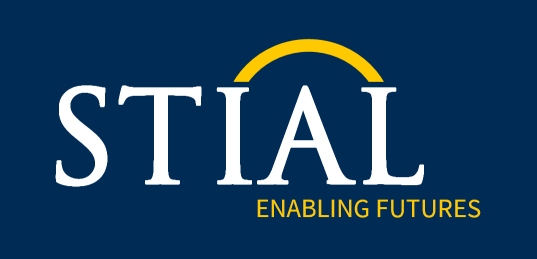About Us

WHAT IS THE STIAL PROJECT?
STIAL is a collaborative project between Dublin City University (DCU) the WALK PEER programme and the Education and Training Board Ireland (ETBI) to develop post-school pathways (PSP) for young people with Disabilites their parents and schools moving from post primary school to Further/ Higher Education and Training (FE/HE) and to the world of work. Having access to, and engaging with the WALK PEER model of “Supported Transition” has been shown to facilitate the broadening of horizons and provide positive, concrete, and long-term outcomes which are critical if young people with disabilities are to realise their goals. The model which places the young person at the centre of the process by assisting them to explore their aspirations and brings them to a point in their lives where they are able to make an “informed choice” about their future (Scanlon & Doyle, 2018). The programme has been specifically designed for guidance counsellors in mainstream and senior cycle teachers in special schools who are typically supporting students aged 15 + years. The project was funded by the Irish Research Council.
WHAT IS THE PURPOSE OF THE PROJECT?
The purpose of the project is to provide access to career guidance information and transition support to career guidance counsellors and senior cycle class teachers working with students with disabilities and their parents in mainstream post-primary and special schools. The project also seeks to increase the capacity and promote the inclusion of young people with disabilities to access the same post school opportunities as their non-disabled peers in Ireland.


WHAT ARE THE INTENDED OUTCOMES FOR THE PROJECT?
(1) Facilitate the design, delivery and evaluation of a module for developing post-school pathways for students with disabilities for teachers in special schools and guidance counsellors in mainstream education.
(2) Provide guidance practice opportunities through matching young people with disabilities with teachers /Guidance Counsellors to explore person-centred options for life after school including an individual transition plan.
(3) Develop a web-based repository hosting multimedia and text-based resources which reflect best practice and evidence-based planning materials to support the transition from compulsory education to post school pathways.
(4) Create a new community of practice to support the implementation of educational reform initiatives as proposed by the National Disability Strategy (2004) the Comprehensive Employment Strategy (2015-2024) and the National Strategic Framework for Lifelong Guidance (2024-2030).
